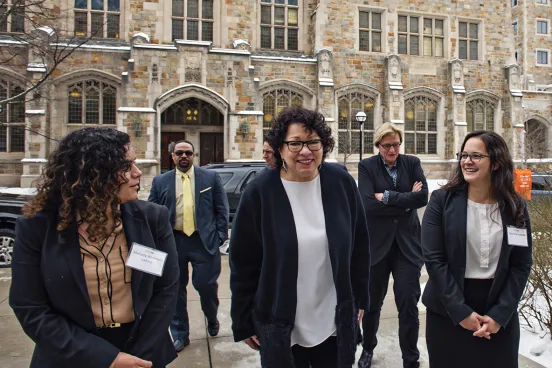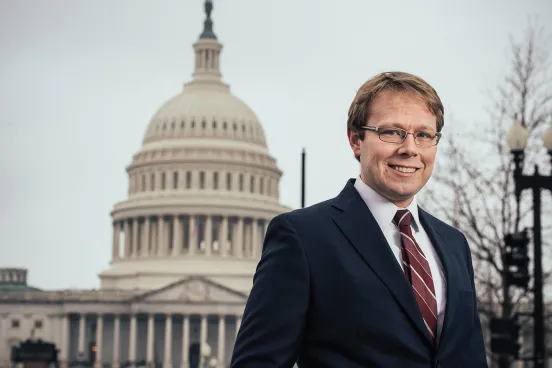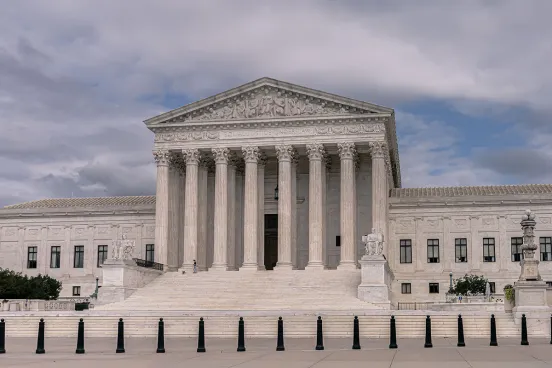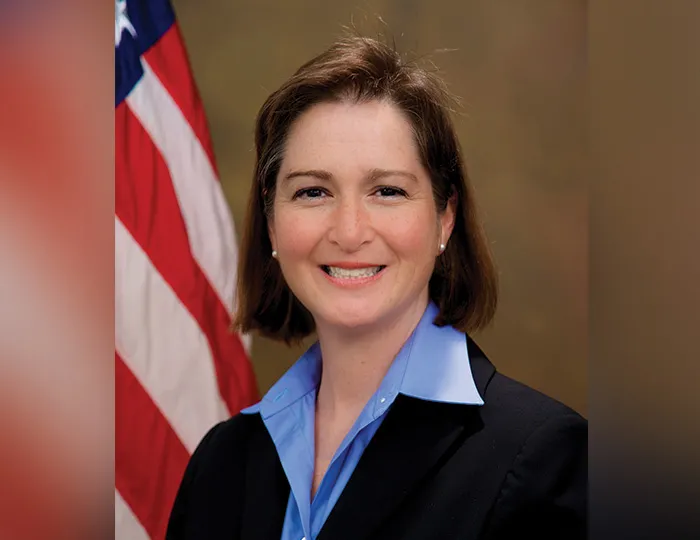
Former U.S. Attorney Barbara McQuade, ’91, Joins Michigan Law Faculty
Barbara McQuade, ’91, has joined the faculty as a professor from practice, effective May 1. She will teach in the areas of national security, criminal law, and criminal procedure.
McQuade served until March as U.S. attorney for the Eastern District of Michigan—the first woman in that role. She oversaw many significant cases during her seven-year tenure, including the conviction of former Detroit Mayor Kwame Kilpatrick on public corruption charges; the conviction and life sentence of an Al-Qaeda operative for attempting to blow up an airliner over Detroit on Christmas Day 2009; and the conviction of Volkswagen AG and Takata Corp. for fraud relating to emissions tests and defective airbags. McQuade, who was appointed to the federal bench by President Obama, also was vice chair of the U.S. Attorney General’s Advisory Committee under Attorney General Loretta Lynch, and co-chaired the Terrorism and National Security Subcommittee.
“Michigan’s unique learning environment opened a new world of ideas for me as a student, and I am honored to return to teach the next generation of law students at a critical moment in our nation’s history,” says McQuade. “Helping students to develop a deep understanding of our laws, courts, and legal system has never been more important.”
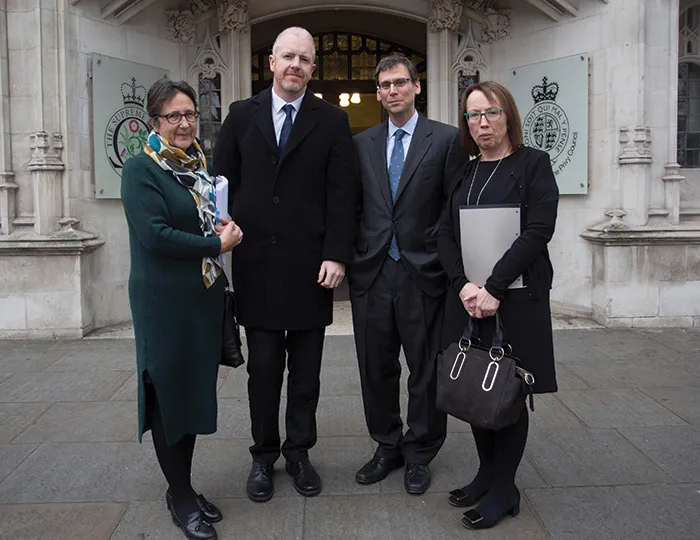
Michigan Law Faculty Argue Brexit
While the U.K.’s planned withdrawal from the European Union has captured attention worldwide, it also has been of keen interest in the Law Quad. Christopher McCrudden, a William W. Cook Global Law Professor, and Daniel Halberstam, the Eric Stein Collegiate Professor of Law, director of the European Legal Studies program, and associate dean for faculty and research, have been deeply involved in examining the constitutional questions surrounding secession, including EU law. In December 2016, the pair helped advance a successful argument before the U.K. Supreme Court relating to use of the Royal Prerogative to give notice to the European Council under Article 50 of the Treaty on European Union. Halberstam is pictured (second from right) with co-counsel.
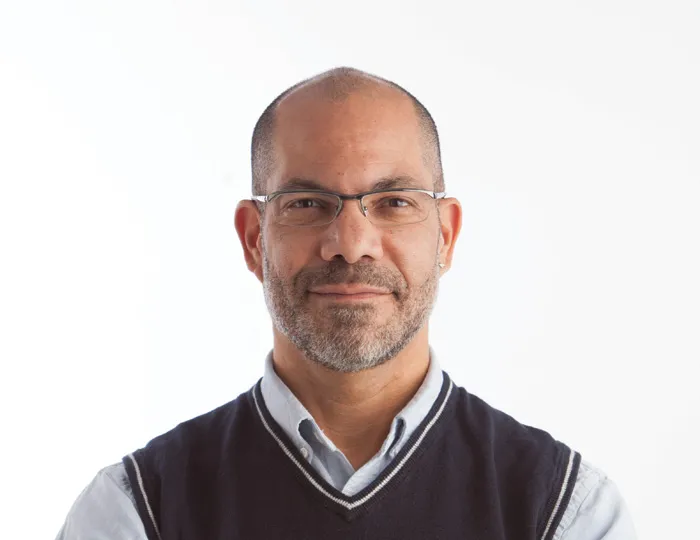
Clark Elected to ALI
Professor Sherman Clark was one of 45 new members elected to the American Law Institute (ALI) last October. Clark, the Kirkland & Ellis Professor of Law, teaches courses on torts, evidence, and sports law. His current research focuses on the ways in which legal rules and institutions may have an impact on character, and thus on the extent to which people thrive. A graduate of Towson State University and Harvard Law School, Clark practiced in the Washington, D.C., office of Kirkland & Ellis before joining Michigan Law in 1995. The ALI’s more than 2,800 elected members include judges, lawyers, and law professors who produce scholarly work that “clarifies, modernizes, and improves the law.”
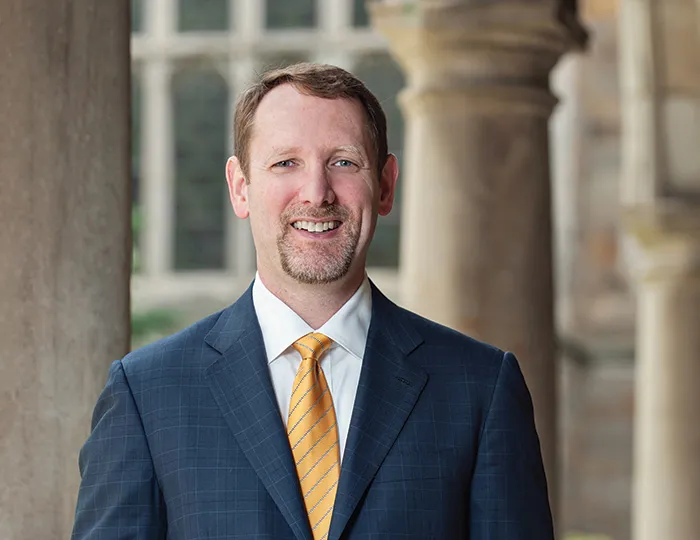
Dean West Reappointed for Second Term
In February, the U-M Board of Regents reappointed Dean Mark West for a second five-year term, effective September 1, 2018, through August 31, 2023. In his first term, Dean West, who also is the Nippon Life Professor of Law, has focused on enhancing student life and the broader intellectual community at the Law School. He worked with students, alumni, and donors to establish a program that guarantees summer funding for all first-year students—the most comprehensive program of its kind among top U.S. law schools because it does not limit funding based on type of position. He also worked to ensure that every law student has the opportunity to participate in a legal clinic, and launched the Veterans Legal Clinic in 2015. In addition, Dean West engaged and collaborated with faculty and administrators to reform the Law School curriculum, with an emphasis on increasing students’ flexibility and better preparing them for legal practice in an evolving profession.
“I am pleased that Mark West has agreed to continue serving the Law School as dean,” says Paul Courant, U-M interim provost and executive vice president for academic affairs. “His expansive orientation toward research and scholarship and his support of professional practice and training has fostered innovative planning and programming that supports the work of faculty, students, and staff. He is an exceptionally effective dean who leads with respect, imagination, and inspiration.”
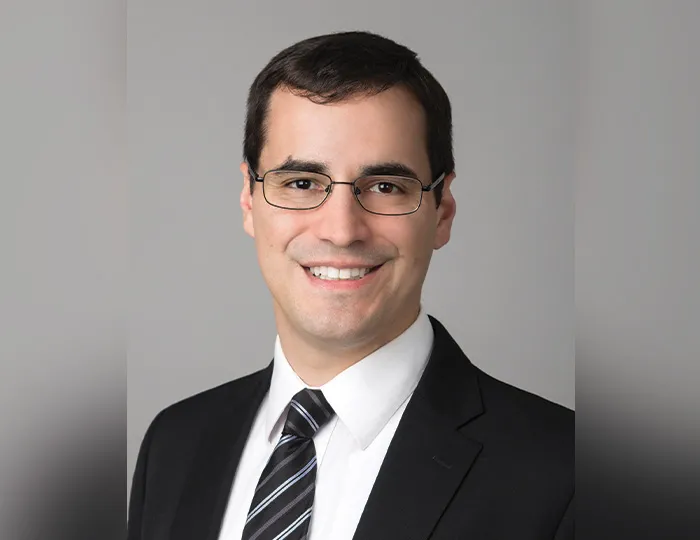
2014 Grad to Clerk for Justice Kennedy
Matt Gregory, ’14, received an unforgettable gift last Christmas when he was offered a coveted clerkship with U.S. Supreme Court Associate Justice Anthony Kennedy for the 2017 term.
Justice Kennedy personally called Gregory the day after his in-person interview, which was held in late December, to share the good news. “Justice Kennedy is someone I have a lot of respect and admiration for, and this is a once-in-a-lifetime opportunity to clerk for the Supreme Court,” Gregory says.
Gregory is an associate at Gibson, Dunn & Crutcher LLP in Washington, D.C., where he practices administrative law and appellate litigation. He previously clerked for the Hon. Raymond Kethledge, ’93, of the U.S. Court of Appeals for the Sixth Circuit. Gregory will be the 33rd Michigan Law graduate to clerk for current and former Supreme Court justices since 1991, and the third to clerk
for Justice Kennedy. —LA

Duquette’s Seven-Year Study Produces Best Practices for Child Representation
A new book focused on best practices for child representation has been coauthored by Don Duquette, ’74, clinical professor emeritus of law.
Duquette founded the Child Advocacy Law Clinic, the oldest such clinic in the United States, at Michigan Law in 1976. His latest book, Children’s Justice: How to Improve the Legal Representation of Children in the Child Welfare System (American Bar Association Publications, 2016), is the final report of a nearly seven-year, $6 million federal project known as the Quality Improvement Center on the Representation of Children in the Child Welfare System (QIC-ChildRep). Directed by Duquette and funded by the Children’s Bureau of the U.S. Department of Health and Human Services, QIC-ChildRep sought to improve the quality of legal representation for children and youth in child welfare cases.
Children’s Justice highlights the work of QIC-ChildRep, which included a nationwide assessment of lawyer representation of the child and creation of a consensus best-practice model. The model was field tested in the first-ever random assignment experimental study of lawyer performance. The QIC-ChildRep best-practice model improved lawyer performance and resulted in measurable improvements in case outcomes for at least some of the children.
“Our book overcomes a national uncertainty as to how children should be represented and demonstrates empirically that lawyers practicing according to our model improve results for children,” Duquette says. “I hope that our work stimulates reform in the delivery of legal services to children. Without good lawyers, abused and neglected children are denied justice.”—LA



